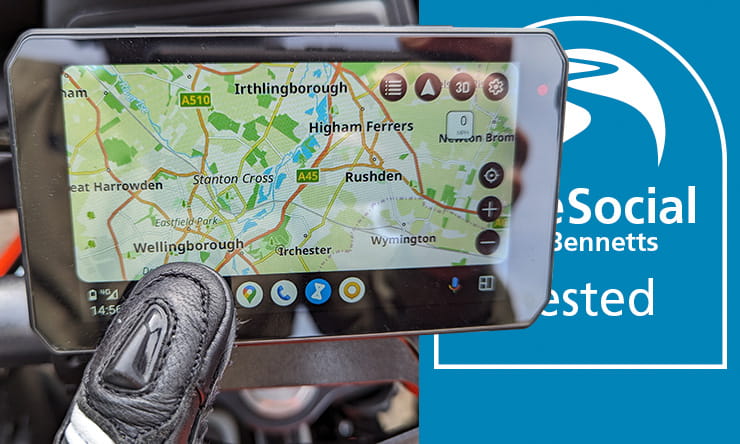More than years after a Government consultation into banning pavement parking across England came to an end there’s still no announcement of its results and the Local Government Association is calling for new powers to bring the practise to an end.
On the back of a new report into the country’s footways, commissioned by the LGA but carried out independently by Sustrans and Transport for All, the LGA wants councils across England to be able to follow in the footsteps of London – where pavement parking is banned by default – and Scotland, where a pavement parking ban came into force in December.
The report highlights the problems that pavement parking can cause, highlighting problems for wheelchair users and parents with pushchairs but also the damage that can be caused to pavements, leading to expensive repairs and potential trip hazards from damaged surfaces.
It’s a position that’s easy to understand, but a blanket ban on pavement could also have huge repercussions, particularly in the many narrow streets around the country where pavement parking is essential to leave a clear route for traffic on the roads themselves.
The current situation when it comes to parking bikes on pavements is open to interpretation and confusion. While not specifically banned in most places outside London there are already rules in place that mean you can be ticketed for obstructing the path.
Councillor Darren Rodwell, transport spokesperson for the LGA, said: “Pavement parking is one of the biggest complaints from pedestrians, but three years on, councils outside of London still do not have the powers they need to tackle this scourge.
“Vulnerable and disabled people, including wheelchair users as well as parents with pushchairs are forced into the road due to some drivers’ inconsiderate parking, presenting a real hazard and potential danger to life.
“Repairing kerbs and pavements damaged by pavement parking is also expensive and this funding could be better used to resurface our roads and pavements, support local buses and provide more suitable parking.
“If we are to meet the Government’s ambition for half of all trips in England's towns and cities to be walked, wheeled or cycled by 2030, then it makes sense to give councils across the country the same powers as in the capital, making our streets safer and footpaths open for everyone.”
The Government’s own consultation suggested three possible options. First was the introduction of new Traffic Regulation Orders (TROs) for local authorities to use, allowing pavement parking bans to be selectively applied in areas where it’s a particular problem. Option two was to allow local authorities to enforce ‘unnecessary obstruction of the pavement’ as a civil matter, letting them issue Penalty Charge Notices (PCNs) for vehicles obstructing pavements. At the moment, only police can do this, issuing Fixed Penalty Notices (FPNs) against offenders. This would require interpretation of the rules and a judgement call by traffic wardens but has the benefit of avoiding the need for councils to audit all streets and install signs to show where pavement parking is or isn’t allowed.
The third option was the most draconian – a national ban on pavement parking, as already used in London and now in Scotland. This would still allow councils to introduce exemptions in some areas, for instance where streets are too narrow for any other option, but makes a clear general rule that pavement parking is a no-no. However, it would also entail some significant investment to survey all roads and decide which ones need to be classified as those where pavement parking is ‘essential’. This would be both time consuming and expensive.
Option two – the creation of more powers of enforcement for local authorities – is perhaps the most persuasive, and it’s the one that the RAC appears to favour. Head of policy Simon Williams said: ““Rather than an outright ban, we think it would be more effective if local authorities were given enforcement powers to prevent unnecessary pavement obstructions.
“This prevents the need for them having to survey all their roads to work out where exemptions need to be made, then spend money putting up signs and painting new markings.”
With a general election around the corner and Prime Minister Rishi Sunak already positioning himself as a champion of the motorist, it’s unlikely that the LGA’s calls for rule changes will result in any action before we go to the polls, but in the longer term it’s likely that we’ll face stricter rules on where we can park.
If you’d like to chat about this article or anything else biking related, join us and thousands of other riders at the If you’d like to chat about this article or anything else biking related, join us and thousands of other riders at the Bennetts BikeSocial Facebook page.





